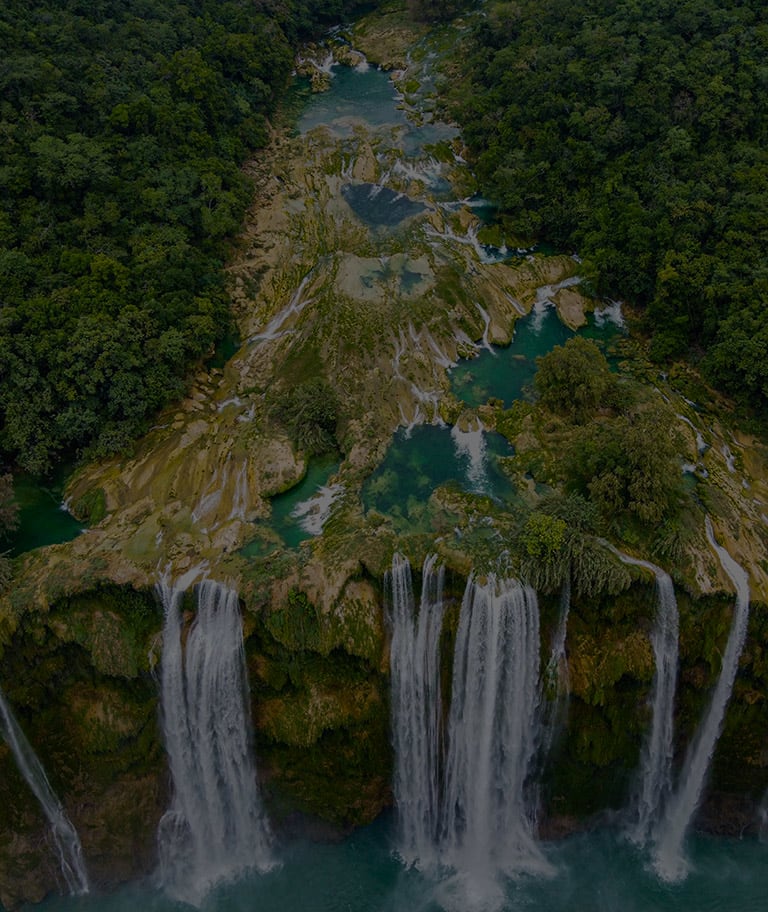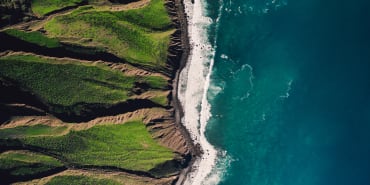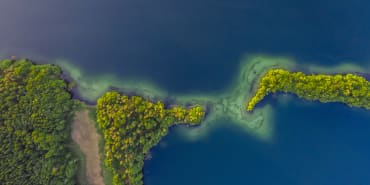counting the cost.
Plastic’s success has come at enormous environmental cost, however. Since 1950, global annual plastic production has increased more than 200-fold. From 2 million tonnes 70 years ago, now more than 400 million tonnes of plastic are produced each year, equivalent to the combined mass of the global population.
Of all the plastic ever made just over 1% has entered a true circular loop – the rest has ended in landfill, been incinerated or leaked into the environment. With many plastic items being used briefly and only once, this waste translates to an annual economic loss of USD 120 billion.
As the waste mountain grows, increasingly it is finding its way into our oceans. It is estimated that by 2050 there will be more plastic than fish in the sea. Buffeted by waves and wind, or degraded by the sun, waste plastic breaks down into so-called “micro-plastics” that are consumed by fish and become part of our food chain. While on land, degraded plastics poison soils and leach into water supplies. Microplastics have been found in penguins, breast milk, bottled water and human blood.
93% of new plastics are made from fossil fuels, and at the end of life more than a quarter of plastic waste is burnt, either in waste-to-energy incinerators or in open fires. Manufacture and incineration are together responsible for 1.7 billion tonnes of CO2-equivalent emissions each year, around 4% of the global total. If the industry continues on its current course, by 2040 it will have consumed 20% of the remaining carbon budget allowed if we are to meet the Paris temperature target.








share.